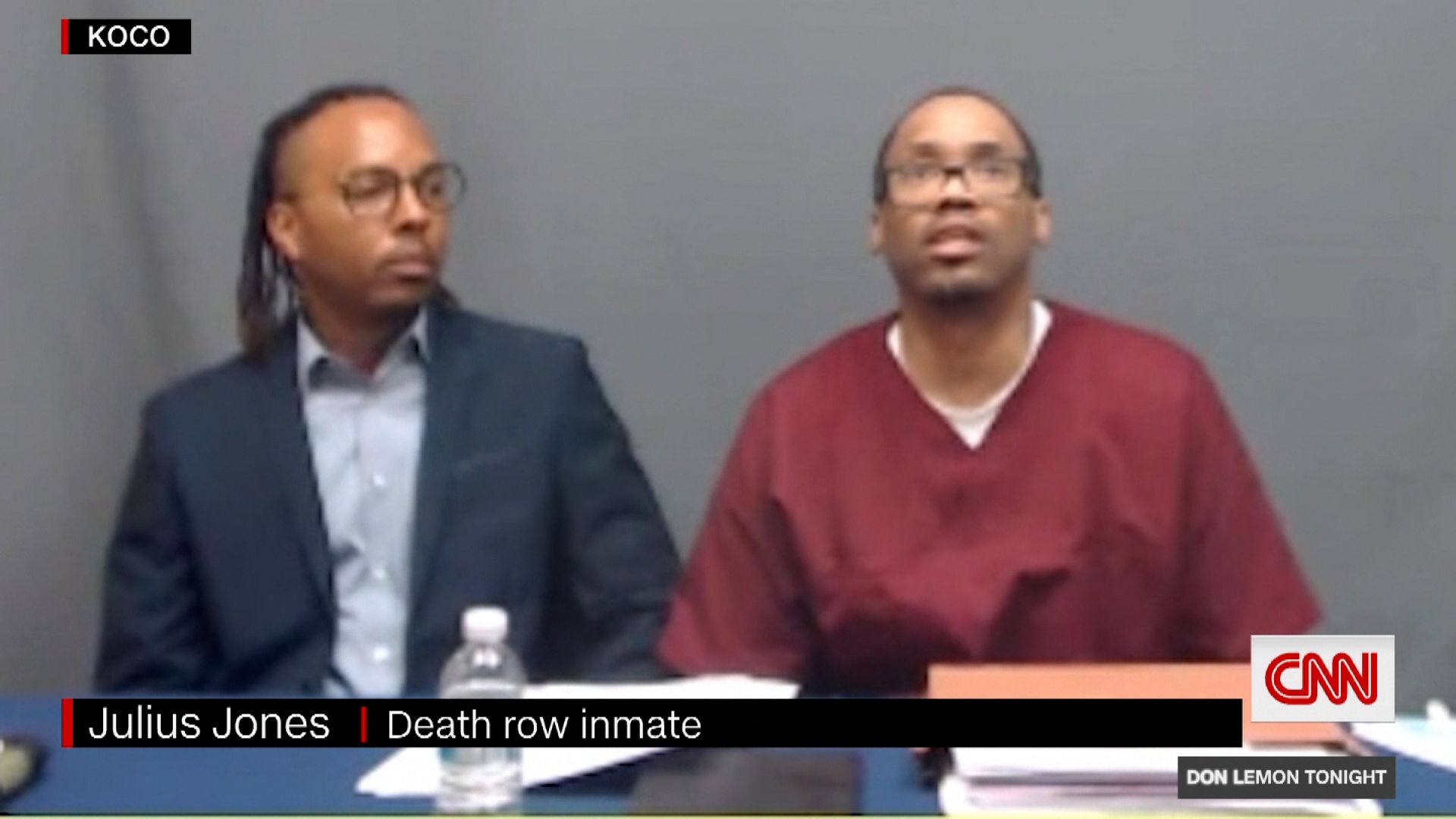Trump Pardons White Lotus Character Timothy Ratliff

WASHINGTON, DC (SATIRE) — In an unprecedented blurring of fiction and reality, former President Donald Trump has announced a full presidential pardon for Timothy Ratliff, the corrupt North-Carolinian businessman portrayed by actor Jason Isaacs in HBO's hit series "The White Lotus."
The pardon, which extends to all crimes committed by the fictional character during the show's latest season, comes as part of what critics call Trump's "PR-driven clemency spree" that previously included reality TV stars Todd and Julie Chrisley, convicted of bank fraud and tax evasion.

"Timothy Ratliff is a tremendous businessman, really tremendous. The things he did on that resort in Thailand – very smart, very legal. The corrupt deep state tried to frame him for corruption, but I know a witch hunt when I see one," Trump told reporters while signing the fictional pardon with an oversized gold Sharpie.
Sources close to the former president revealed that Trump's advisors suggested pardoning the fictional character after ratings data showed significant overlap between "White Lotus" viewers and swing-state voters. The move was reportedly intended to capitalize on the show's popularity while demonstrating Trump's "tough stance against persecution of successful businessmen."
When reached for comment, actor Jason Isaacs, who has been openly critical of Trump, responded with visible exasperation.
"This is genuinely insane. I played a morally bankrupt, corrupt criminal who manipulates everyone around him for personal gain. The fact that Trump identifies with him enough to 'pardon' him is perhaps the most honest thing he's ever done," Isaacs told reporters. "Though I suppose Trump sees a bit of himself in every entitled white man who breaks the law and faces no real consequences."
HBO executives declined to comment officially but were reportedly scrambling to determine if the fictional pardon would affect planned storylines for upcoming seasons.
Legal scholars expressed confusion about the constitutional implications of pardoning fictional characters, though Trump's legal team insisted the move was "totally legal, totally cool" and "protected by the First Amendment's lesser-known Fiction Clause."

The controversial pardon came just hours after Trump declined to offer clemency to Julius Jones, a real man who has served over 20 years in prison for a murder many believe he did not commit, with significant evidence suggesting he was at home with his family when the crime occurred.
"Julius who? Never heard of him. They say he's innocent, but he got caught, didn't he? Total loser move. I like people who don't get caught," Trump reportedly said when asked about Jones' case. "Besides, he doesn't have a TV show, so what's the point? No ratings there, believe me."
Civil rights advocates noted that Trump's pardoning spree has overwhelmingly favored celebrities, wealthy businesspeople, and now fictional characters, while consistently overlooking cases involving people of color with compelling evidence of innocence.
"It's telling that Trump finds time to pardon a fictional white businessman but not a real Black man who's spent decades in prison for a crime he likely didn't commit," said one justice reform advocate who spoke on condition of anonymity. "The message couldn't be clearer about who deserves mercy in Trump's America."
At press time, Trump's team was reportedly considering pardons for Scrooge McDuck's tax evasion charges and reviewing the case against Montgomery Burns for nuclear safety violations, calling both "very successful, very smart businessmen unfairly targeted by regulation-loving socialists."
⚠️ SATIRE DISCLAIMER ⚠️
This article is satirical. None of the events, quotes, or information contained within are real. This is entirely fictional content created for satirical and entertainment purposes only.
No person mentioned in this article has actually said or done any of the things attributed to them. This article is a work of fiction meant to lampoon and comment on current events through satire.